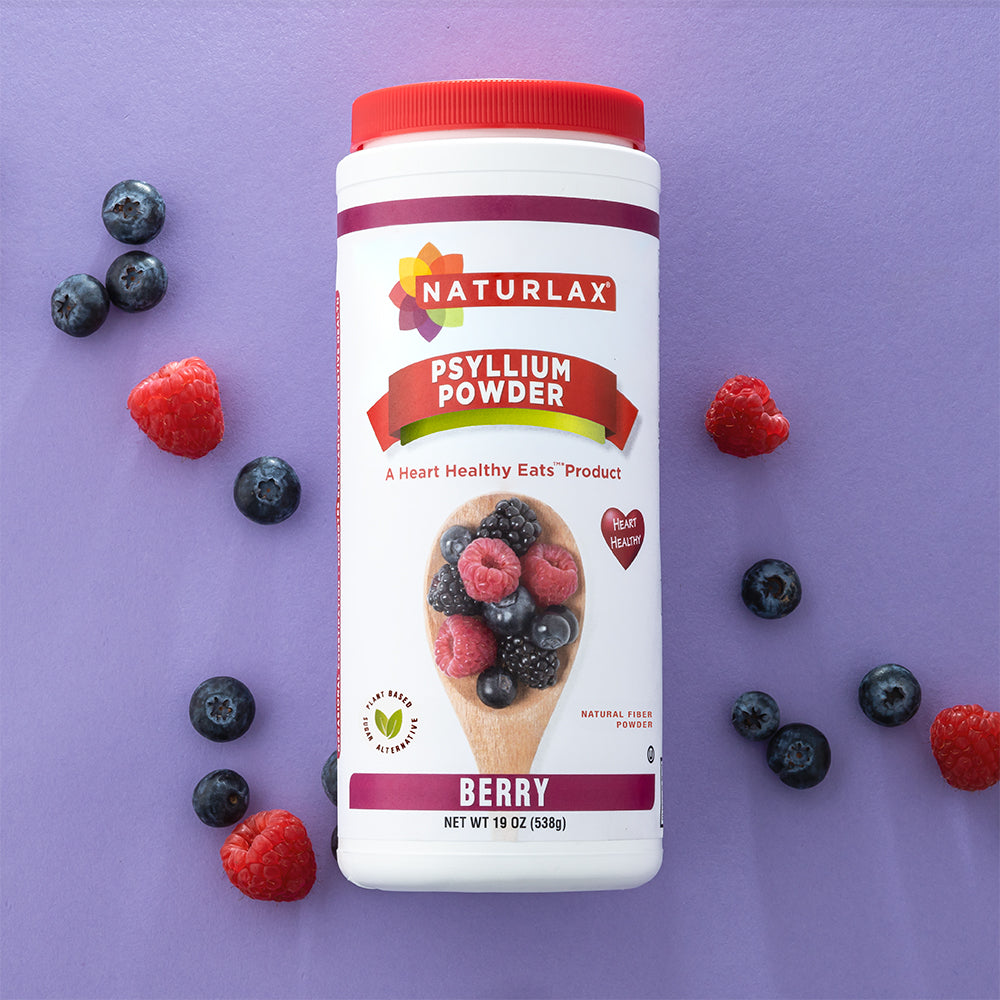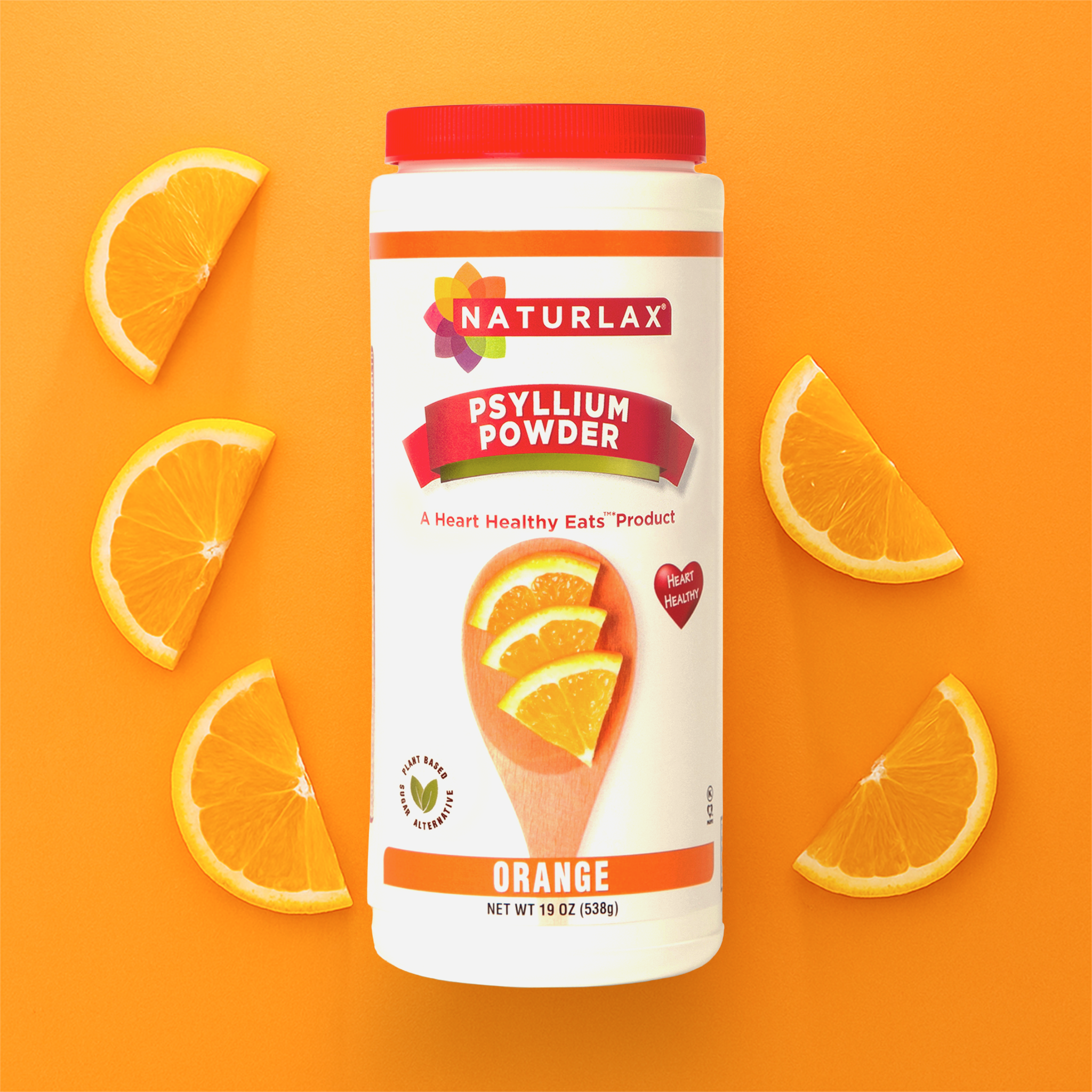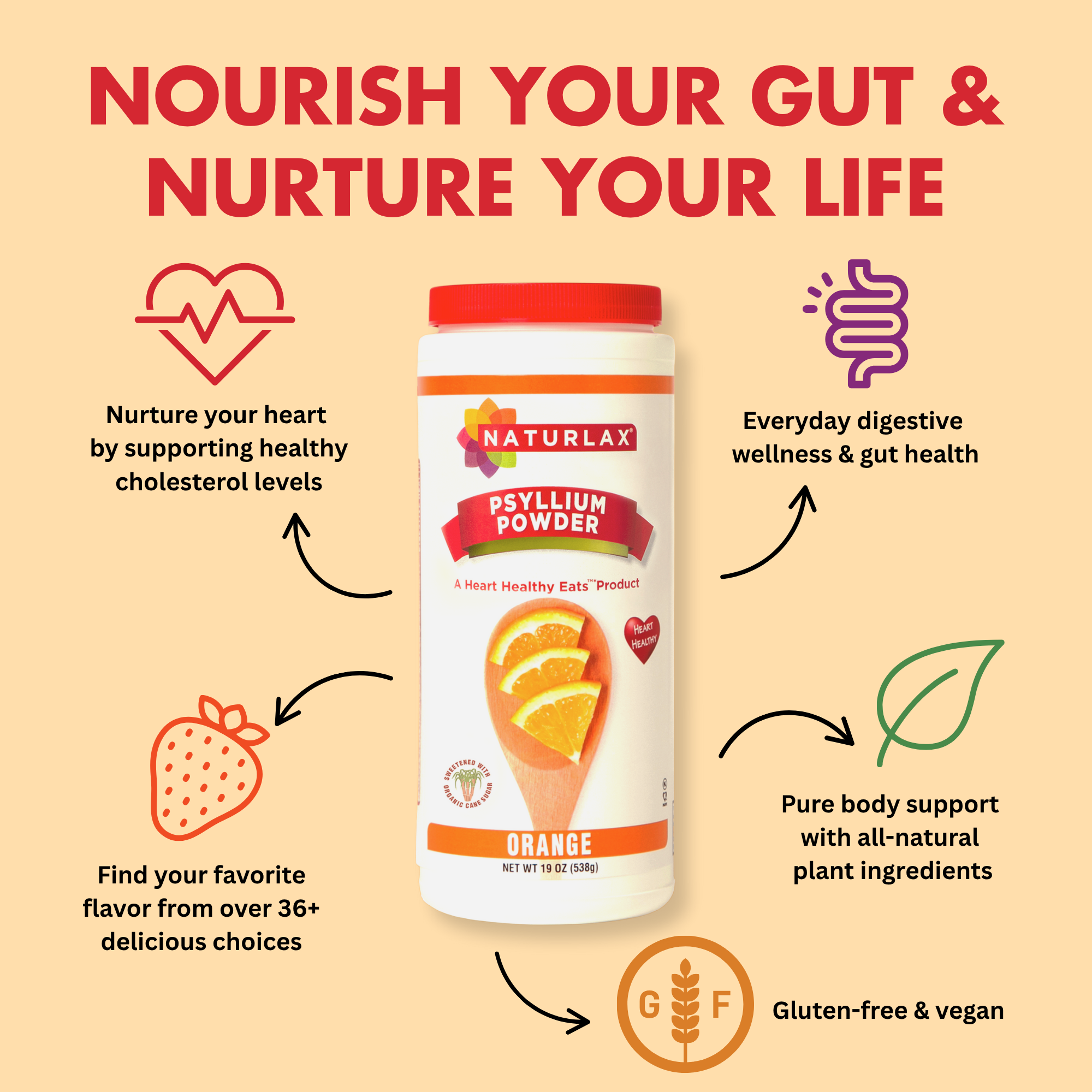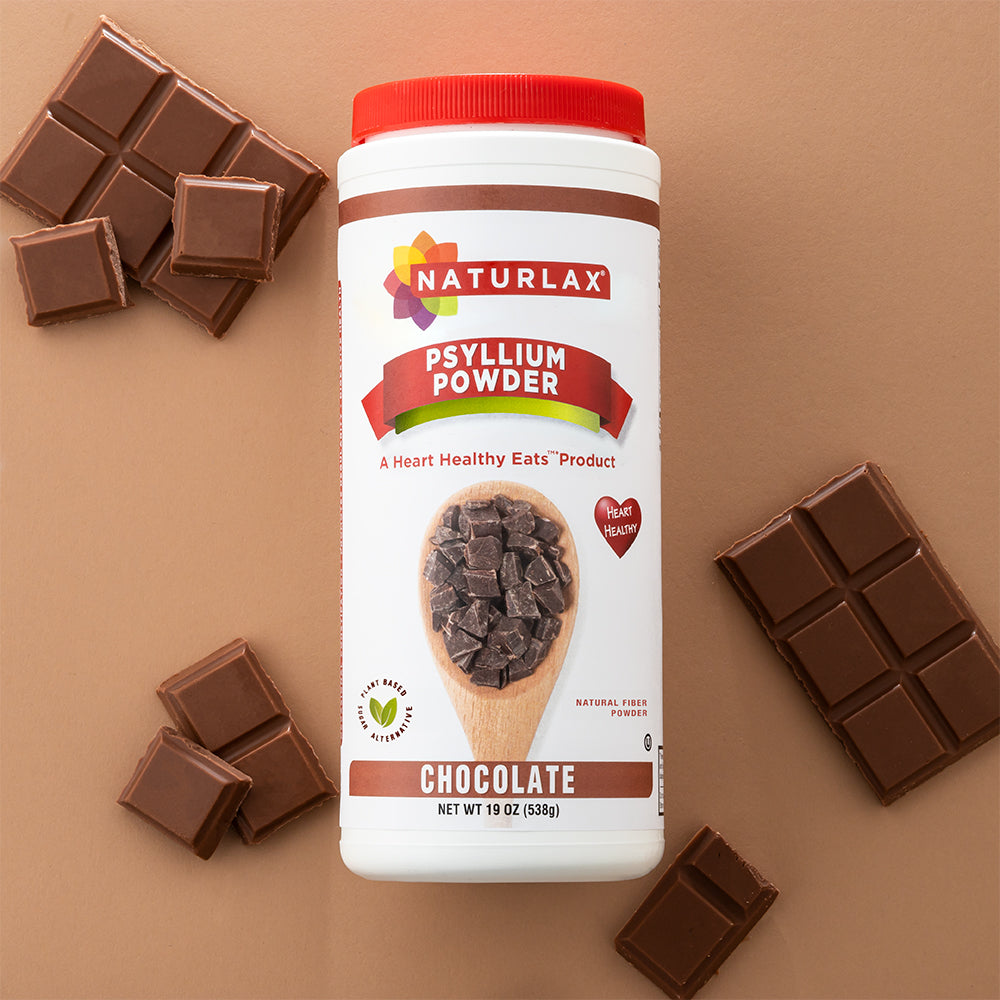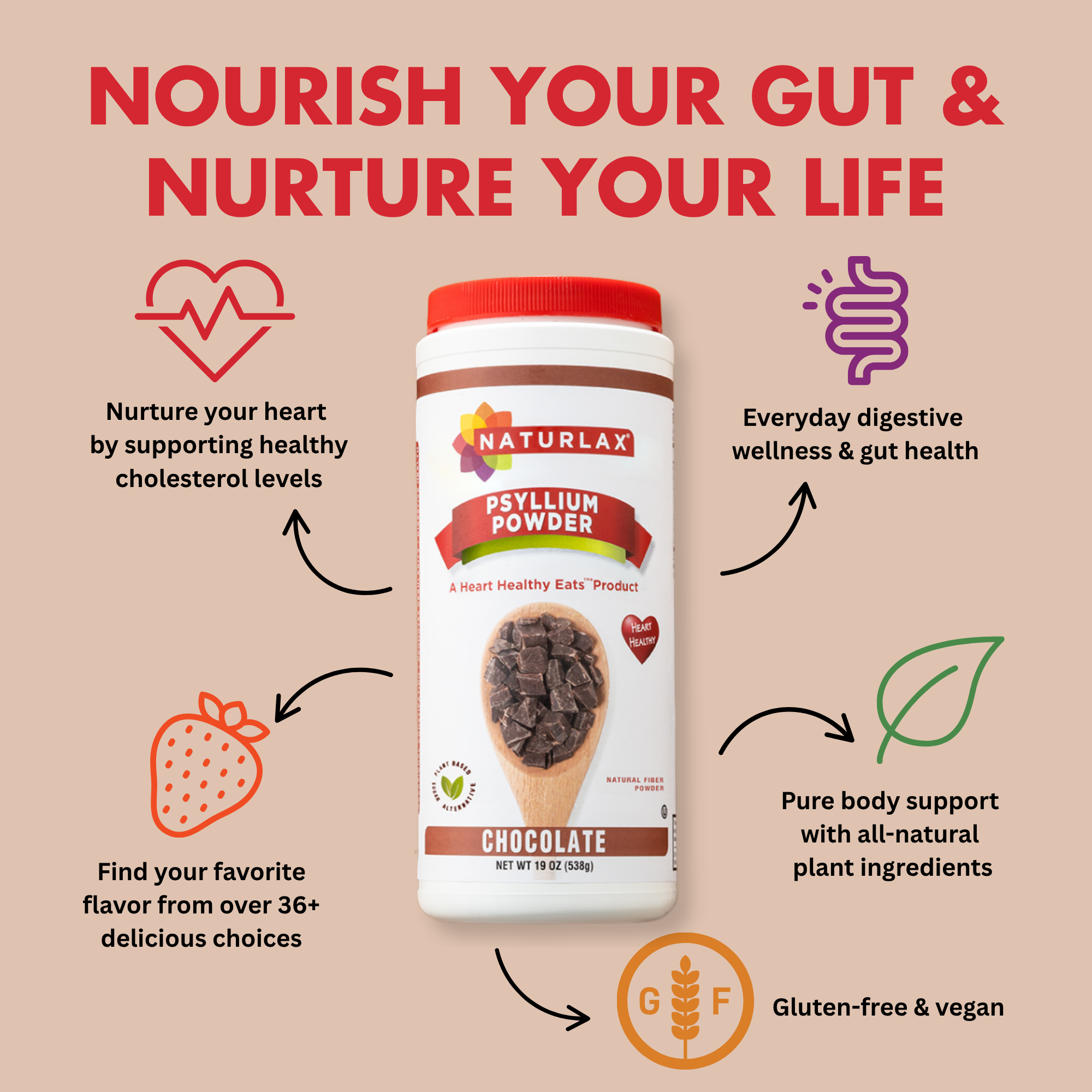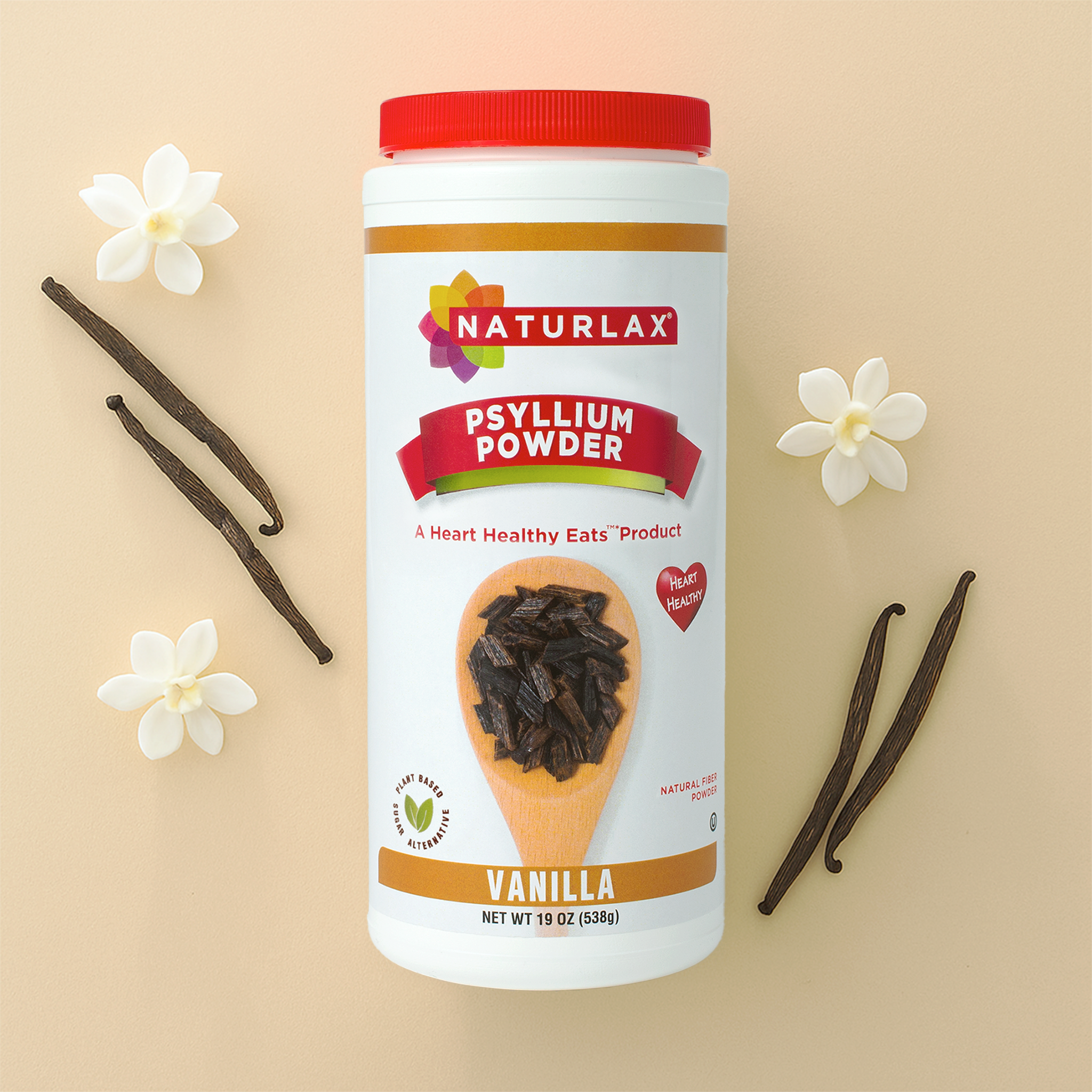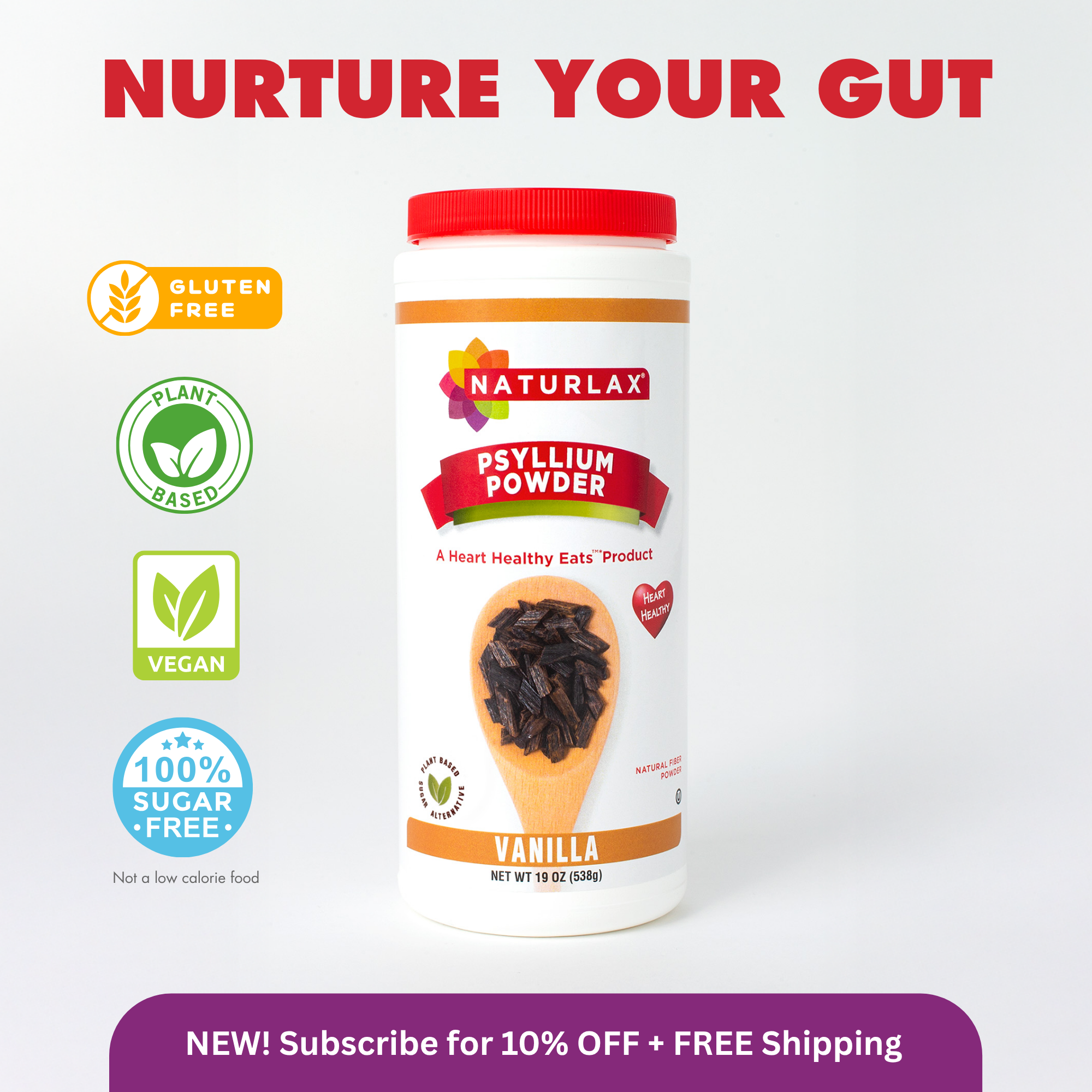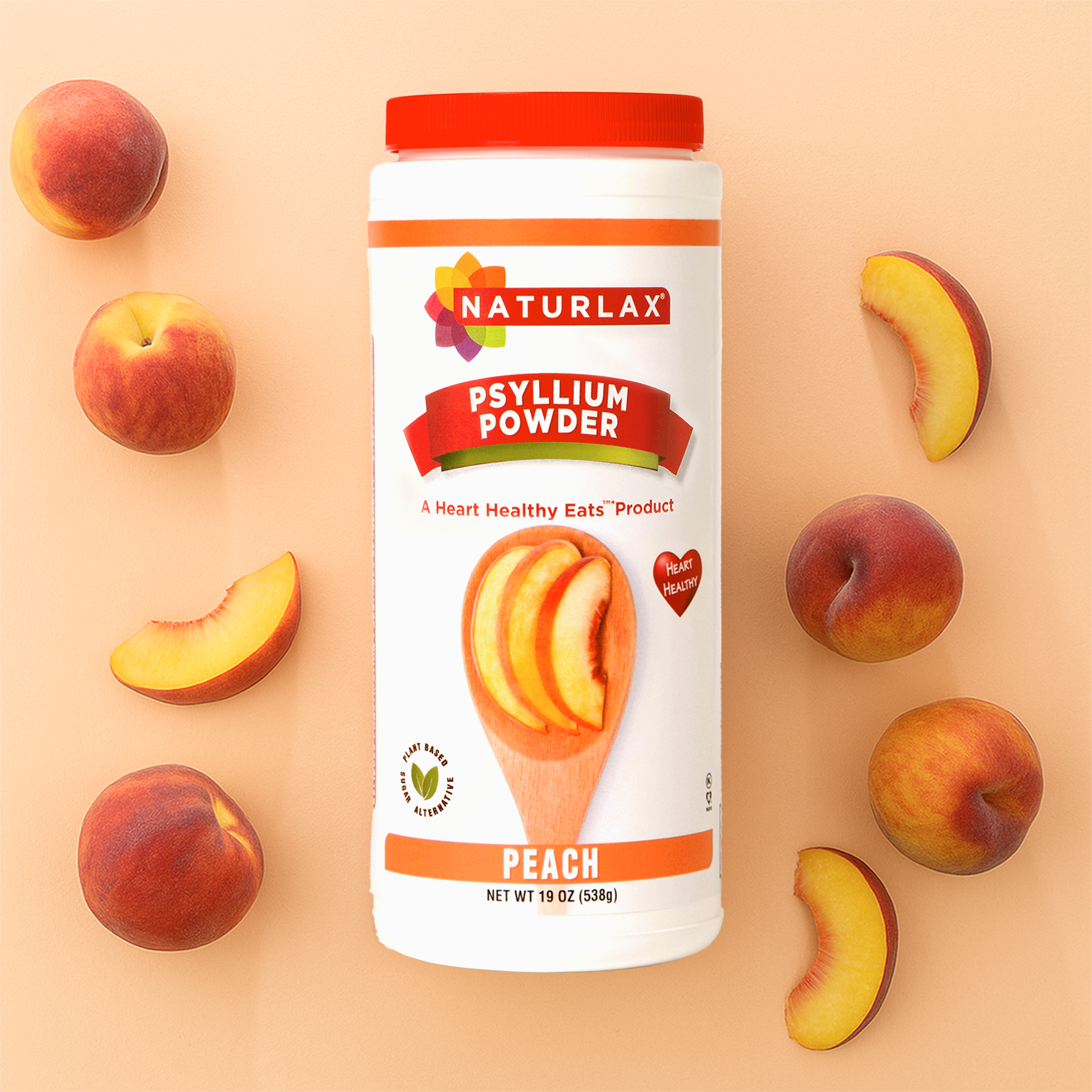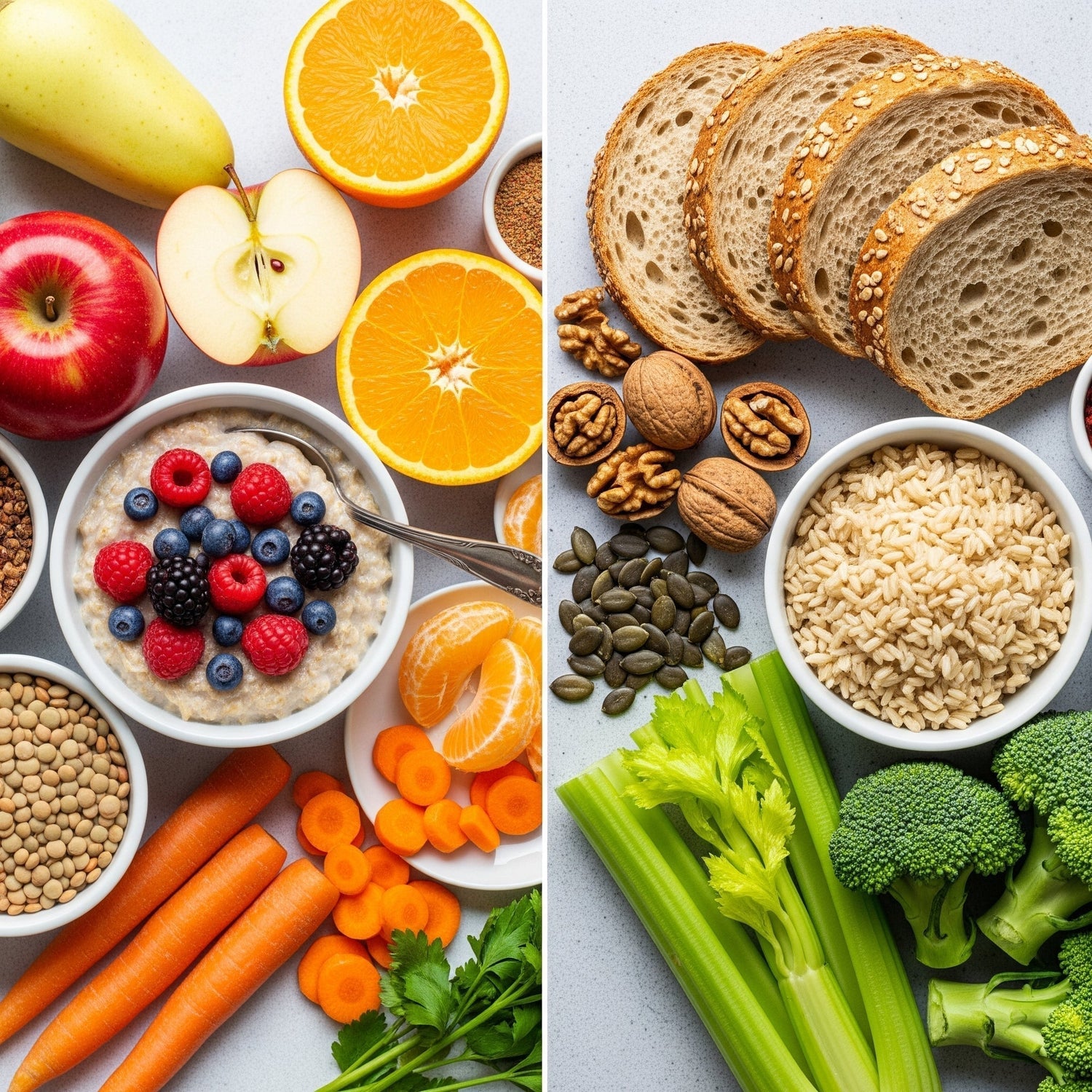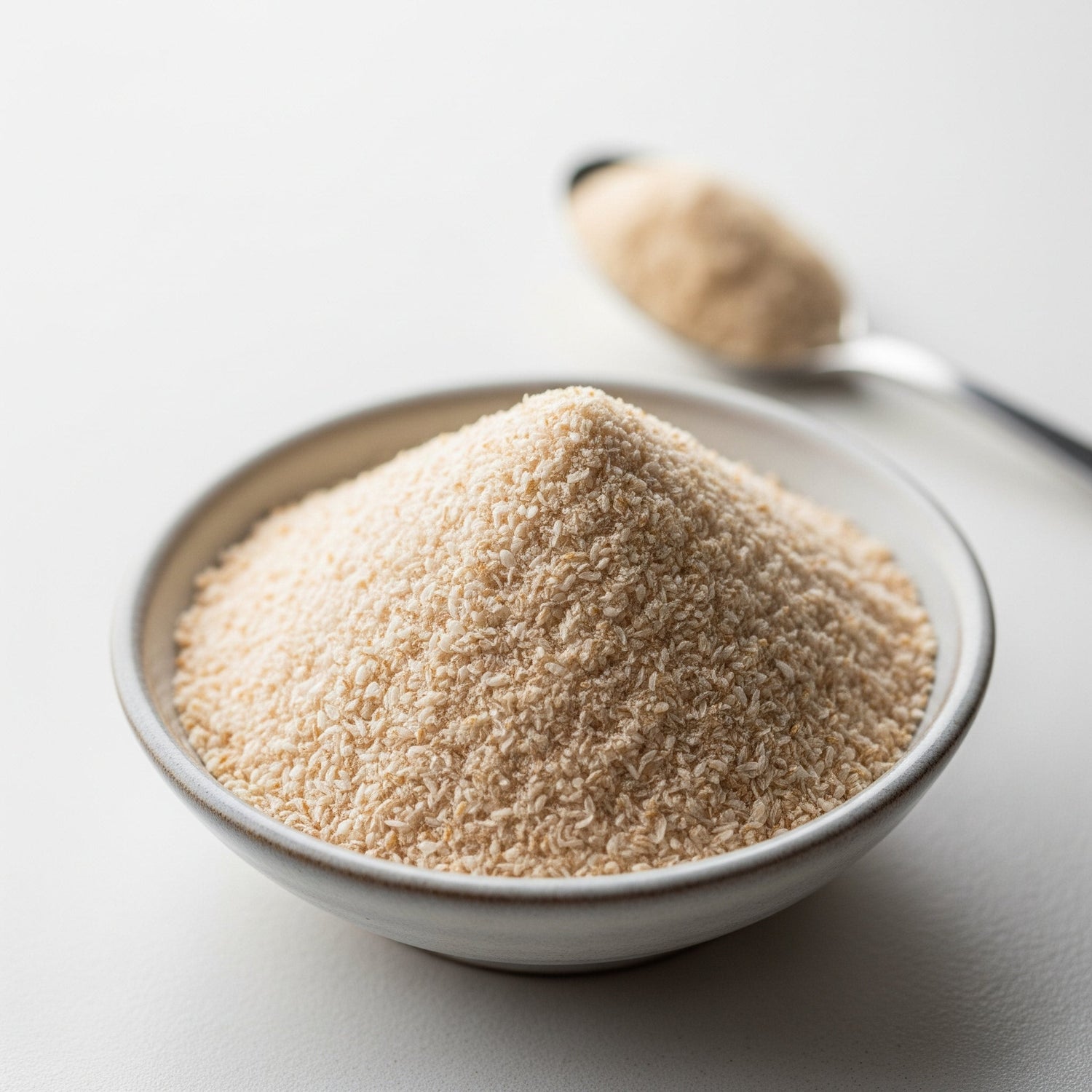The Power of Fiber: More Than Just Regularity
Did you know that a diet rich in high-fiber foods offers significant health benefits beyond just aiding digestion? While commonly associated with keeping you "regular," increasing your daily fiber intake can play a crucial role in preventing a variety of health issues. In fact, a recent meta-analysis published in The Lancet revealed that individuals consuming a high-fiber diet had a lower risk of chronic illnesses, including heart disease and diabetes.
So, where can you find this essential nutrient? Don't worry, incorporating fiber into your diet can be delicious and easy. Here's a look at common food groups packed with dietary fiber:
Fiber-Rich Fruits
Finding tasty, natural sources of fiber doesn't have to be a challenge. Fruits are an excellent choice, offering both great flavor and a healthy dose of "vitamin F." Consider tossing antioxidant-rich berries into a smoothie or grabbing an apple for a quick and easy breakfast.
- Common Choices: Bananas, apples, oranges, and pears.
- Berries: Strawberries, raspberries, blueberries, and blackberries.
- Tropical Delights: Passion fruit, guava, and mango.
- Did you know? Avocado, technically a fruit, is a fiber powerhouse, containing about 10 grams of dietary fiber in a single fruit!
Versatile Vegetables
The age-old advice to "eat your vegetables" holds true for many reasons, including their fiber content. Vegetables are nutritional champions, packed with vitamins and minerals. Their benefits may include reducing chronic inflammation, lowering the risk of eye diseases, preventing certain cancers, and improving digestion. Many vegetables also provide a substantial amount of fiber.
- Cruciferous & Green: Artichokes, broccoli, green peas, spinach, Swiss chard, and kale.
- Root Vegetables: Various potatoes like sweet, red, and russet.
Beans and Legumes: Tiny Powerhouses
While not fruits, beans and legumes are nutritional superstars. These high-fiber foods are also rich in antioxidants, which are essential for a strong immune system. If you're looking to feel fuller for longer, beans and legumes are excellent choices. Their combination of protein and fiber makes them a satisfying addition to any meal.
- Bean Varieties: Black beans, white beans, navy beans, and kidney beans.
- Other Legumes: Split peas, lentils, and chickpeas.
- Fun Fact! A legume refers to the plant from the Fabaceae family (often a pod), while beans are the edible seeds found inside the pod.
Super Cereals, Breads, and Grains
Despite many fad diets demonizing carbohydrates, not all carbs are created equal. Whole grains and related foods contain complex carbohydrates and are excellent sources of fiber, helping you stay full long after eating.
- Whole Grain Options: Whole-wheat pasta, rye bread, and whole-wheat tortillas.
- Nutrient-Dense Grains: Brown rice, barley, oatmeal, spelt, and farro.
- High-Fiber Cereals: Look for options like All-Bran, Grape Nuts, and Fiber One.
- Beware of Imposters: Some white breads use food coloring and are deceptively labeled "wheat bread." Always check the ingredients list; breads with "whole-wheat" or "whole-grain" listed as the first ingredient are generally higher in fiber.
Nuts and Seeds: Fiber-Dense Snacks
Nuts and seeds are among the most fiber-dense snacks available. They offer a tasty and convenient way to boost your fiber intake any time of day and can provide a quick energy lift. However, be mindful of serving sizes, as some nuts are calorie-dense due to their oil content. Nuts also offer benefits like potentially lowering the risk of high blood pressure and heart disease.
- Nut Choices: Almonds, pistachios, chestnuts, and dried coconut.
- Seed Selections: Pumpkin seeds, chia seeds, sunflower seeds, and flaxseed.
- Healthy Tip: Add a serving of fiber-rich nuts or seeds to your morning oatmeal for an extra fiber boost.
These are just a few examples of the many delicious, high-fiber foods readily available. Explore different options, experiment with recipes, and find what you enjoy to maintain a consistently high-fiber diet.
Why is Fiber So Important?
Now that you're familiar with some excellent fiber-rich foods, let's delve deeper into why fiber is crucial for your health. Consuming enough fiber offers a wide array of benefits:
- Blood Sugar Management: Reduces complications from type 2 diabetes by preventing sharp spikes in blood sugar.
- Heart Health: Lowers the risk of heart disease and stroke by helping to decrease "bad" cholesterol levels.
- Digestive Regularity: Helps manage irregular bowel movements, including constipation and diarrhea.
- Weight Management: Promotes a feeling of fullness, which can aid in weight loss efforts.
- Gut Health: Improves overall gut and digestive health.
If you find it challenging to meet your daily fiber requirements through food alone, fiber supplements (powders, pills, etc.) are also available. Whether you achieve your intake through a naturally high-fiber diet or with the help of supplements, ensuring you get enough fiber is key to good health.


